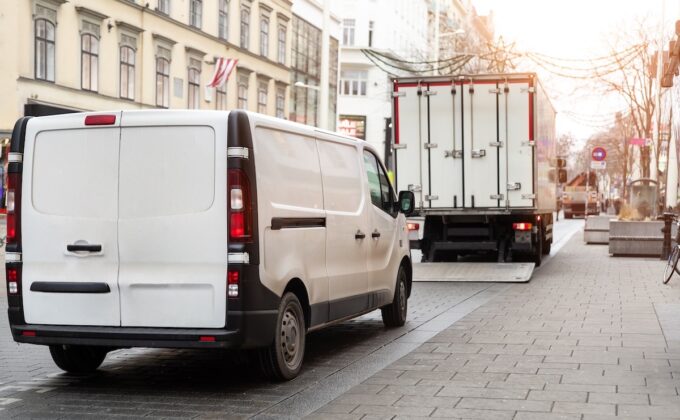
Knowledge Center
We believe that sharing our expertise and collaborations in clean energy policy is how real, effective change happens.
From reports and policy briefs, to webinars and podcasts—RAP advisors have built an extensive collection of resources providing in-depth analysis and practical solutions to today’s energy challenges.
Filter >>
Content Filter:
Over the past two years, Poland has become a remarkable success story for deployment of clean heat systems, especially heat pumps. Its progress is due to strong policy support for phasing out coal for individual heating. However, Poland’s dependence on… View Summary +

Beginning in late 2021, RMI and National Grid jointly convened a series of facilitated collaborative workshops with stakeholders from the nonprofit and utility sectors across several regions, including RAP. This roundtable group explored what it may take to decarbonize the… View Summary +
Clean hydrogen provides a tool that can open up new opportunities for decarbonisation. But it is just one tool, and an expensive one at that. If policymakers allow, or even support, continuation of the current ‘hydrogen rush,’ we will end… View Summary +
Rapidly phasing out fossil gas demand has become a top priority in Europe. Existing European legislation is expected to achieve only moderate reductions by 2030. The ongoing energy crisis has provided an opportunity to aim for even more… View Summary +
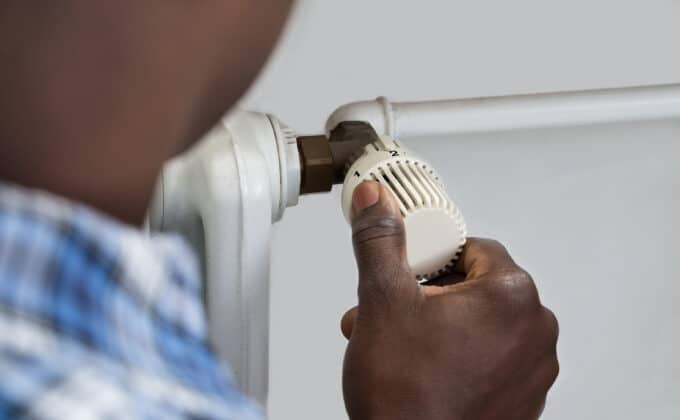
Distributed energy resources can provide key opportunities that would empower India’s retail customers to improve system efficiency, lower costs, and reduce emissions. In the first part of our DER series, we laid out the arguments for how deploying distributed… View Summary +
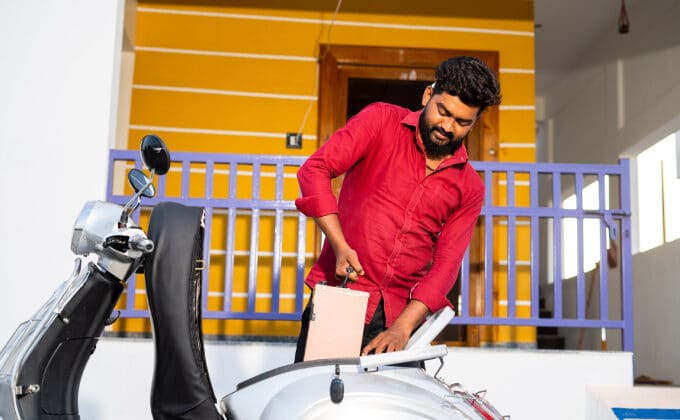
Significant new uncertainties and options for the gas industry are creating new challenges for regulators who are responsible for ensuring that utility investments are in the public interest. Many of the unknowns relate to the potential for customers to… View Summary +
The Renewable Energy Directive (RED), designed to help meet the EU’s ambitious 2030 and 2050 climate targets, sets targets for growing renewables usage for heating and cooling in the building sector. As currently written, however, the RED encourages inefficient uses… View Summary +
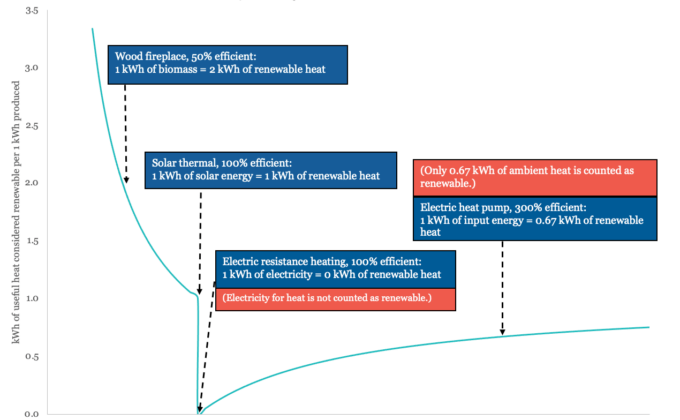
This fact sheet, prepared as a poster for presentation at the ACEEE 2022 Summer Study on Energy Efficiency in Buildings, describes the concept of a model rule to reduce emissions of nitrogen oxides (NOx) from fossil fuel-fired water heaters,… View Summary +
As a tool in combating greenhouse gas emissions, India is aggressively adding renewable energy resources to its electric system resource mix to displace fossil fuel and meet future electric load growth. Much of this is being accomplished using competitive procurement… View Summary +
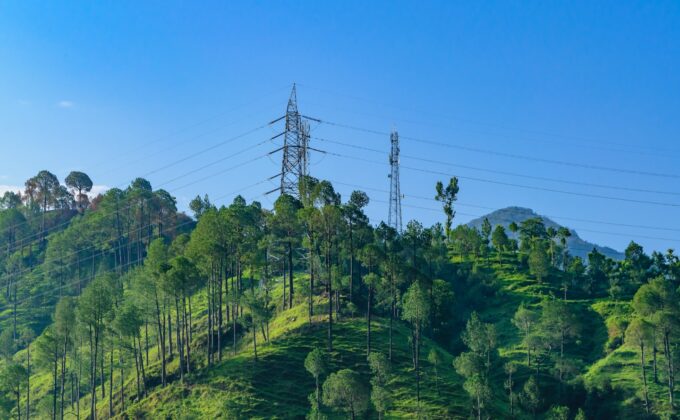
Most of America’s transmission grid was built in the 20th century to serve central power stations burning coal, oil, more recently, fossil gas, and nuclear stations. In a world where solar and wind energy are now less expensive than fossil-fuel… View Summary +
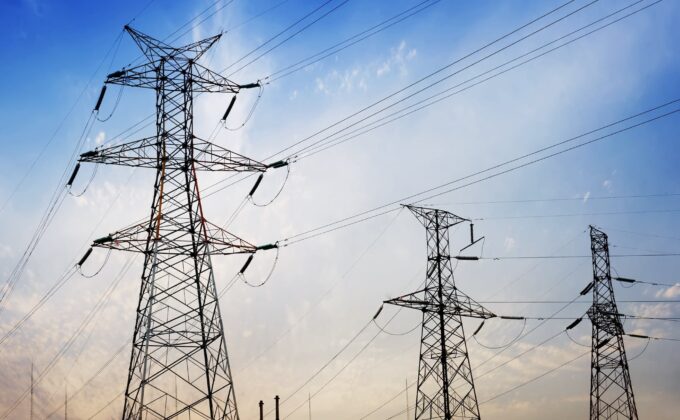
The burning of fossil fuels for heat accounts for a significant portion of greenhouse gas emissions and burdens many families and businesses with high energy costs. Meeting climate and equity goals requires that we find effective and affordable pathways to… View Summary +
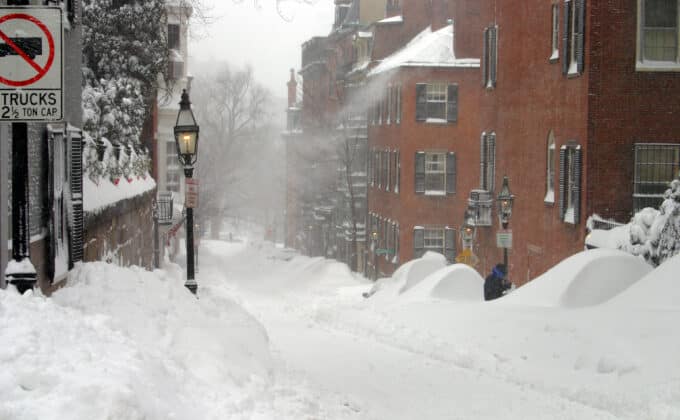
Taxing energy in line with its environmental harm aligns the prices facing consumers with policy objectives. Energy taxes and levies encourage energy efficiency and raise revenues for governments, which can then dedicate them to energy transition projects. Not all energy… View Summary +
The Russian invasion of Ukraine is having a significant impact on the Ukrainian power sector. In recent years, the sector had started moving towards greater integration with the European Union and was making inroads into the shift to renewable energy… View Summary +
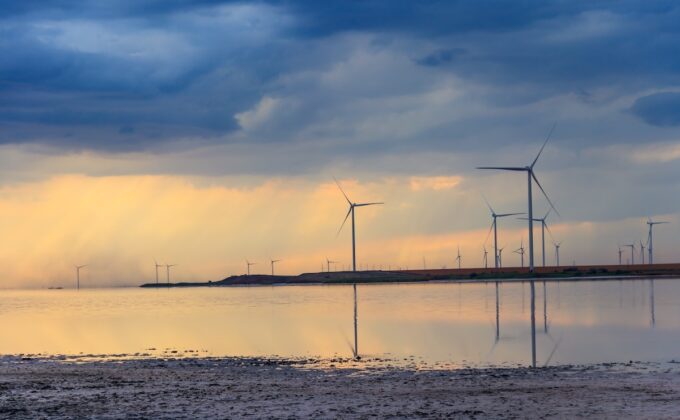
Europe’s increases in online shopping and delivery over the last two years show no signs of waning. Parcel delivery vehicles make up one of the most significant heavy-duty vehicle segments by volume in Europe, recording a market share of… View Summary +
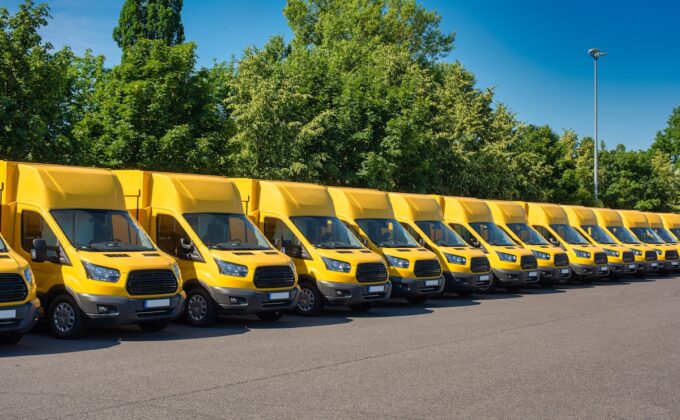
Decarbonisation of the heavy-duty vehicle segment in Europe is crucial to curb greenhouse gas and pollutant emissions from the transport sector. Last-mile delivery trucks for city logistics are a promising application for electrification given their low daily mileages and… View Summary +
